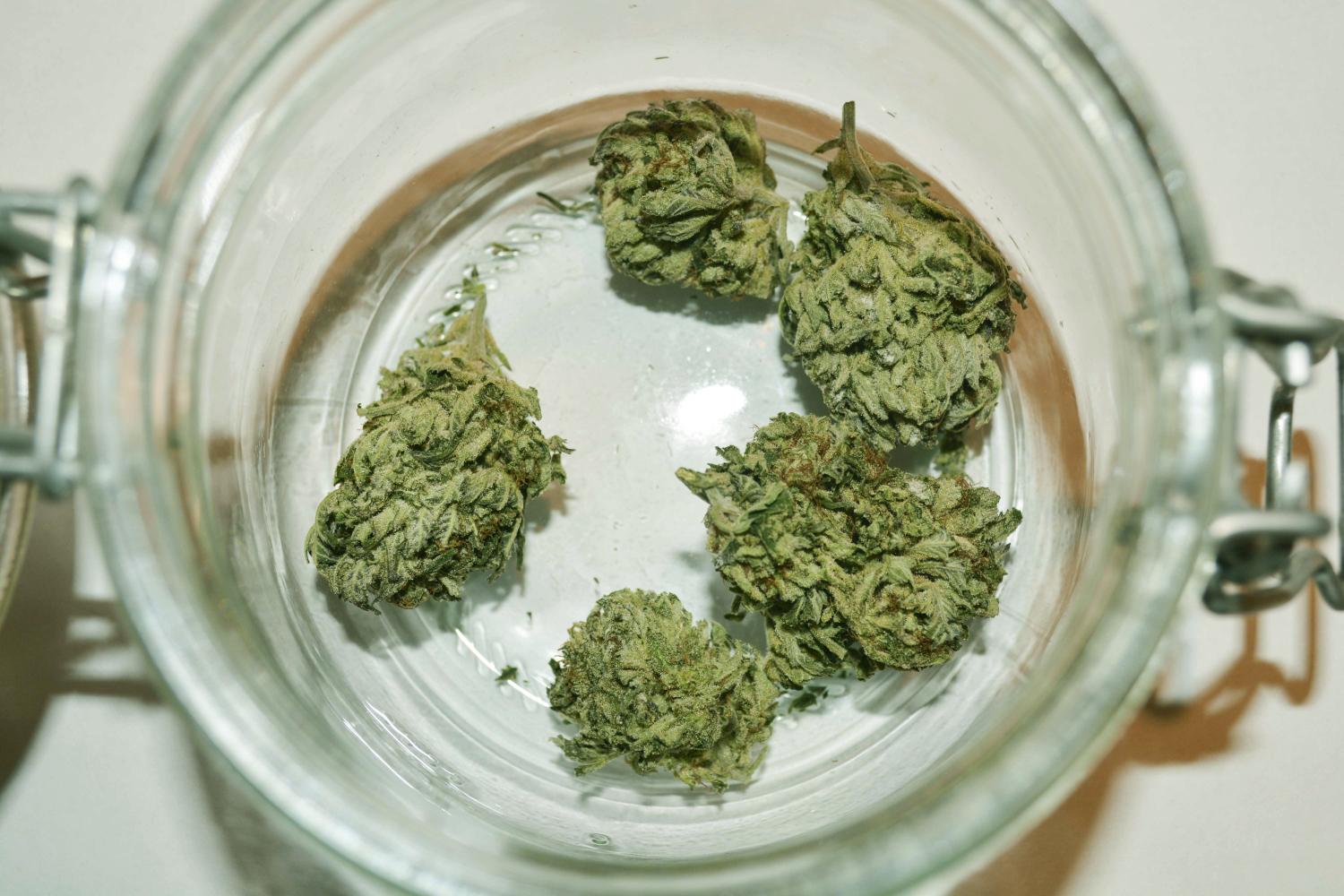Cannabis as a Schedule III drug
Florida representatives Matt Gaetz and Darren Soto are fighting to change the Drug Enforcement Agency’s weed policy.
May 4, 2017
Florida House of Representatives members, Matt Gaetz and Darren Soto, proposed a bill in mid-April to move marijuana from a Schedule I substance to a Schedule III substance.
In 1970, President Richard Nixon signed the Controlled Substances Act, that classified marijuana as a schedule I substance. Other schedule I substances include heroin, LSD and ecstasy.
These substances are illegal and a high potential for both abuse and dependence, according to the Drug Enforcement Administration (DEA).
Brittany Choyce, owner of The Green Shelf in Ellensburg, does not believe that cannabis should be classified on the same level as other schedule I substances.
“I can’t believe all the things scheduled lower than it such as Xanax,” Choyce said.
Xanax is a schedule IV substance and is legal with low potential for abuse and dependence according to the DEA. Although, like any prescription drug it can be abused. Long term effects of Xanax include depression, impulsive behavior and psychotic moods, according to DrugAbuse.com.
Current laws prevent dispensaries from utilizing basic banking services, such as loans and checking accounts.
Banks caught providing services to federally illegal dispensaries can face criminal charges and fines, according to Federal Deposit Insurance Corporation (FDIC) regulations.
If moved to schedule III, dispensaries would be granted access to banking services that are currently restricted.
“Being able to bank like every other retail industry would make life a lot easier,” Choyce said.
She also recognizes that banks have their hands tied because they are federally insured by the FDIC.
Sales of illegal substances prohibits businesses from receiving regular business tax deductions, according to U.S. Tax Code 280E. The rescheduling of pot would allow dispensaries to receive tax deductions that would enable them to keep more of their profits.
With certain tax deductions available, “customers would pay significantly less at the counter”, said Choyce, by passing the savings onto consumers. Instead of maintaining current pricing and accumulating higher profits, Choyce would lower prices with the goal of bringing in more customers and more sales.
Movement from schedule I to schedule III would not change the policies at CWU. According to Mike Luvera, CWU police chief, “So long as the federal government has marijuana as an illegal substance, the policies and practices around a campus would not change.”
The CWU student conduct code also states “Federal law prohibits any possession or use of marijuana on university premises or in connection with university activities.”


